There are many pros
and cons associated with drinking beer and wine. But can you guess which is the
healthier beverage?
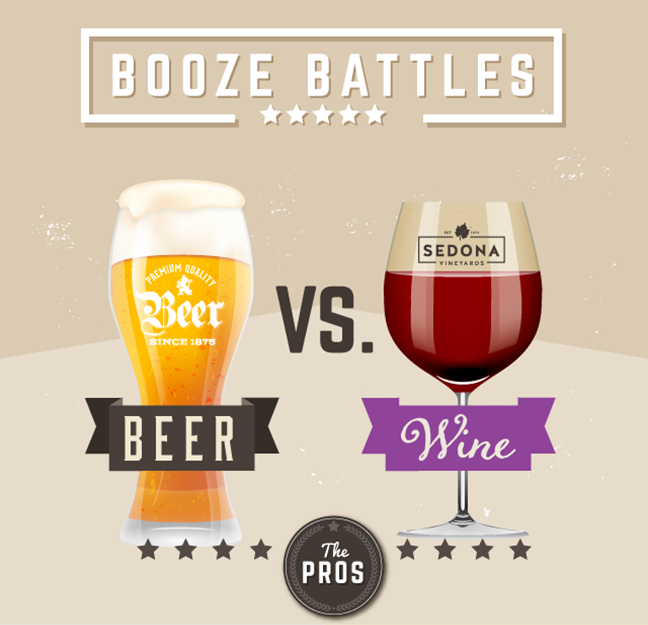


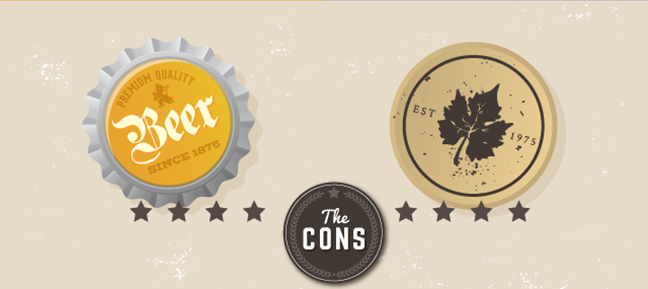


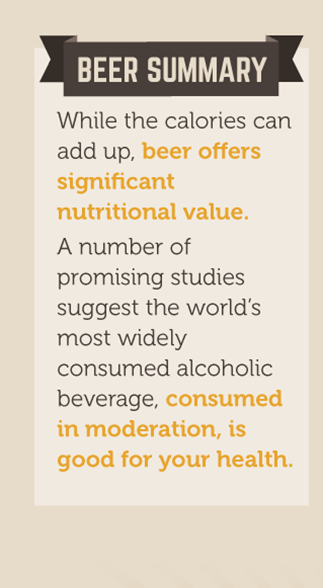
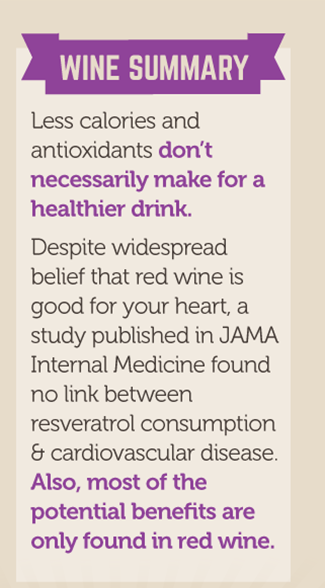
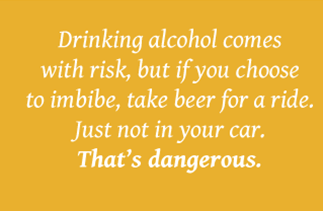
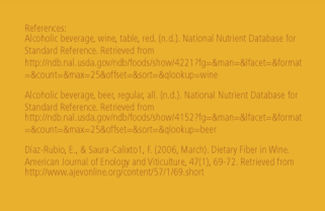
And the winner is…BEER!
Drinking alcohol comes with risk, but if you choose to imbibe, take beer for a ride. Just not in your car. That’s dangerous.










Beer Pros
- Germany's Commission E — the German equivalent of our FDA — has approved hops to treat restlessness, anxiety, and sleep disturbances.
- The nutritional value of beer exceeds that of wine. The values of protein, fiber, B vitamins, folate, and niacin found in beer make it more like food.
- Studies in mice showed that hops may inhibit obesity.
- You can better socialize with hipsters.
- One study in the American Journal of Clinical Nutrition found that especially hoppy beer can increase bone mineral density, i.e. make your bones stronger.
Beer Cons
- Craft brews can sometimes pack over 300 calories per bottle.
- Excessive amounts can lead to hangovers, dependency, and liver damage.
- Heartburn (and loud burping)
- Beer goggles
- Dehydration
- More expensive than wine at Trader Joe’s
- Not helpful if you’re trying to cut carbs.
Beer Summary
While the calories can add up, beer offers significant nutritional value. A number of promising studies suggest the world’s most widely consumed alcoholic beverage, consumed in moderation, is good for your health.Wine Pros
- An average 5-ounce glass of red wine is just 125 calories.
- One glass of red wine contains 187 mg of potassium, which is about 4 percent of your daily value and, according to a study, wine contains a significant amount of fiber, too.
- One study found that small doses of resveratrol, found in red wine, can blunt the effects of aging.
- Flavonoids found in wine may protect your skin from harmful UV rays, according to a Spanish study.
Wine Cons
- White wine is acidic, which can demineralize your teeth’s enamel.
- A study in Lancet suggests that red wine can trigger migraines.
- Another study found that resveratrol isn’t actually good for your health after all.
- Dehydration
- Wine can elevate your triglyceride levels and high levels are associated with health problems such as heart disease, obesity, diabetes, and kidney disease.
- Excessive amounts can lead to hangovers, dependency, and liver damage.
Wine Summary
Less calories and antioxidants don’t necessarily make for a healthier drink. Despite widespread belief that red wine is good for your heart, a study published in JAMA Internal Medicine found no link between resveratrol consumption and cardiovascular disease. Also, most of the potential benefits are only found in red wine.And the winner is…BEER!
Drinking alcohol comes with risk, but if you choose to imbibe, take beer for a ride. Just not in your car. That’s dangerous.
No comments:
Post a Comment